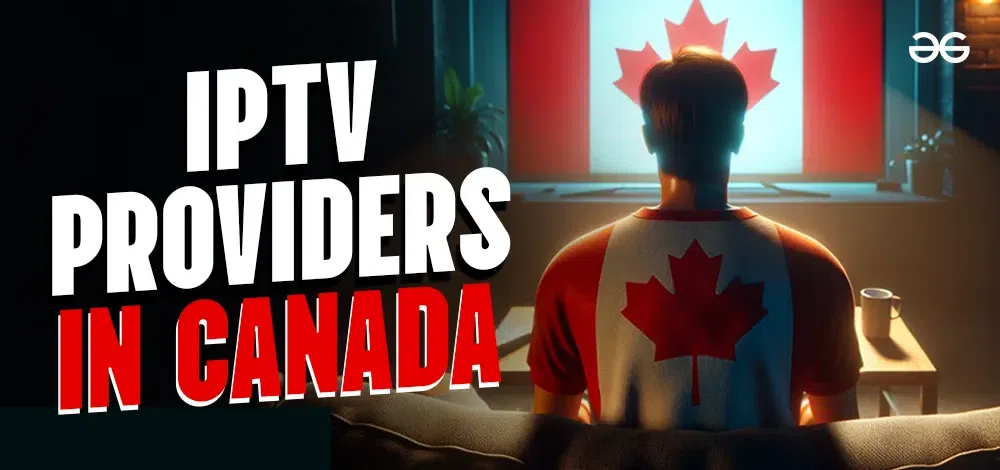In an era where technology is continually reshaping iptv kopen how we consume media, Internet Protocol Television (IPTV) stands out as a significant advancement in the television landscape. Unlike traditional cable or satellite TV, IPTV delivers content over the internet, enabling viewers to access a vast array of channels and on-demand content with greater flexibility. This article explores the evolution, benefits, challenges, and future of IPTV, illustrating how it has transformed television consumption for millions.
What is IPTV?
IPTV refers to the delivery of television content using internet protocol (IP) networks. Unlike traditional broadcasting methods, which use terrestrial, satellite, or cable signals, IPTV streams content directly through internet connections. This allows users to watch live television, recorded shows, and movies on various devices such as smart TVs, smartphones, tablets, and computers.
The Evolution of IPTV
The concept of IPTV has its roots in the late 1990s when companies began experimenting with video streaming technology. However, it wasn’t until the widespread adoption of broadband internet in the early 2000s that IPTV began to gain traction. Key milestones in its evolution include:
- Early Adoption (2000s): Telecom companies, such as France Telecom and British Telecom, began offering IPTV services as a part of their triple-play packages, which included phone, internet, and television services.
- Technological Advancements: The growth of broadband infrastructure and the introduction of codecs like H.264 enabled higher-quality video streaming, making IPTV more appealing to consumers.
- Integration of On-Demand Content: With the rise of video-on-demand (VOD) services, IPTV platforms began integrating catch-up TV and on-demand libraries, giving viewers more control over what and when they watch.
- Smart TVs and Mobile Devices: The proliferation of smart TVs and mobile devices further accelerated the growth of IPTV, as consumers increasingly sought convenience and accessibility.
Benefits of IPTV
- Flexible Viewing Options: One of the most significant advantages of IPTV is the ability to watch content on multiple devices at any time. Viewers can access their favorite shows and channels from home, on the go, or anywhere with an internet connection.
- Customizable Packages: IPTV providers often offer customizable subscription packages, allowing users to select channels and services that suit their preferences and budget. This contrasts with traditional cable packages, which can be rigid and costly.
- High-Quality Streaming: With advancements in internet speeds and streaming technology, IPTV can provide high-definition (HD) and even 4K content, ensuring a superior viewing experience.
- Interactive Features: IPTV platforms often include features such as pause, rewind, and fast-forward, giving viewers greater control over their viewing experience. Interactive features like program guides and on-screen information enhance user engagement.
- Cost-Effectiveness: Many IPTV services tend to be more affordable than traditional cable packages. Additionally, users can avoid the costs associated with equipment rentals and installation fees.
Challenges Facing IPTV
Despite its many advantages, IPTV also faces several challenges:
- Internet Dependence: Since IPTV relies on a stable internet connection, viewers in areas with poor connectivity may experience buffering or interruptions in service.
- Content Licensing Issues: IPTV providers must navigate complex licensing agreements to offer a broad range of channels and content. This can lead to geographical restrictions, limiting access for users in certain regions.
- Regulatory Hurdles: Different countries have varying regulations regarding IPTV services. Providers must comply with local laws, which can complicate their operations.
- Security Concerns: As with any internet-based service, IPTV platforms can be vulnerable to hacking and piracy. Protecting user data and content rights is a critical concern for providers.
The Future of IPTV
The future of IPTV appears promising, with several trends shaping its evolution:
- Integration with Other Services: As consumers increasingly seek comprehensive media solutions, IPTV services are likely to integrate with other streaming platforms, offering a seamless viewing experience across multiple services.
- Artificial Intelligence and Personalization: AI-driven algorithms can enhance content recommendations, making it easier for users to discover new shows and movies based on their viewing habits.
- Expansion of 5G Technology: The rollout of 5G networks will significantly improve streaming speeds and reliability, making IPTV more accessible to users in rural and underserved areas.
- Rise of Interactive Content: The demand for interactive and immersive content experiences will likely drive innovation in IPTV services, leading to new formats and engaging content.
Conclusion
IPTV represents a fundamental shift in how we consume television content, offering flexibility, affordability, and a rich array of choices. As technology continues to advance, IPTV is poised to evolve further, reshaping our viewing experiences and defining the future of television. With its growing popularity and the potential for innovation, IPTV is not just a trend; it is the future of how we watch and enjoy media.

